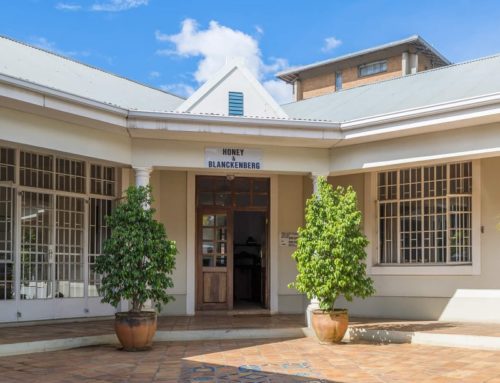- According to the Zimbabwe National Statistics Agency’s (Zimstats) Quarterly Digest of Statistics for the first quarter of 2019, there were 7,738 reports of rape (including attempted rape) made in 2018.
- In January 2019 alone, there were 636 reports of rape with 625 reports of rape being made in February 2019.
- This translates to 21 women being raped on a daily basis, or one woman being raped every 1 hours and 20 minutes. These are only the incidents of rape being reported, so there is every likelihood that the true figures could be much higher.
- Section 65 of the Criminal Law (Codification and Reform) Act, defines rape as:
-
- “(1) If a male person knowingly has sexual intercourse or anal sexual intercourse with a female person and, at the time of the intercourse
- (a) the female person has not consented to it; and
- (b) he knows that she has not consented to it or realises that there is a real risk or possibility that she may not have consented to it;
he shall be guilty of rape and liable to imprisonment for life or any definite period of imprisonment”.
- In addition, sexual intercourse with a young person (being a person below the age of 16) is also defined as a crime under Section 70 of the Criminal Law (Codification and Reform) Act. Other sexual crimes are provided for under the Act, including aggravated indecent assault, and indecent assault, and which carry heavy criminal penalties.
- It is therefore clear that a person who is raped, or indecently assault, has a right to report the same at a police station and to have the accused person investigated and prosecuted.
- Children and other vulnerable people have a right to be interviewed and to give evidence outside of the public forum, through the Victim Friendly Court.
- Any act of violence, including sexual violence, can also be a ground for obtaining a protection order under the provisions of the Domestic Violence Act. A protection order may prohibit the respondent from (amongst other things) committing certain acts; or from coming to the residence at which the complainant resides, works or frequents. Contravention of a protection order will result in arrest.
- In addition, in the event that a survivor of rape falls pregnant as a result of that rape, she will have the option of terminating the pregnancy in terms of Section 4(c) of the Termination of Pregnancy Act. The termination will be done on the referral of two medical practitioners, and following a report of unlawful sexual intercourse. This has proven to be a very cumbersome process for survivor’s and has resulted in some women having to carry the baby to full term (as in the well-publicised case of Mapingure v Minister of Home Affairs and Ors).
- Finally, a person who has suffered damages as a result of a rape or any form of unlawful sexual intercourse, would be entitled to sue for such damages (whether in the form of monetary or psychological harm) in a civil court.
(More resources are available from the Adult Rape Clinic – www.adultrapeclinic.org.zw/; +263 242 793572 and children affected by violence can also contact Childline Zimbabwe on their helpline: 116)



